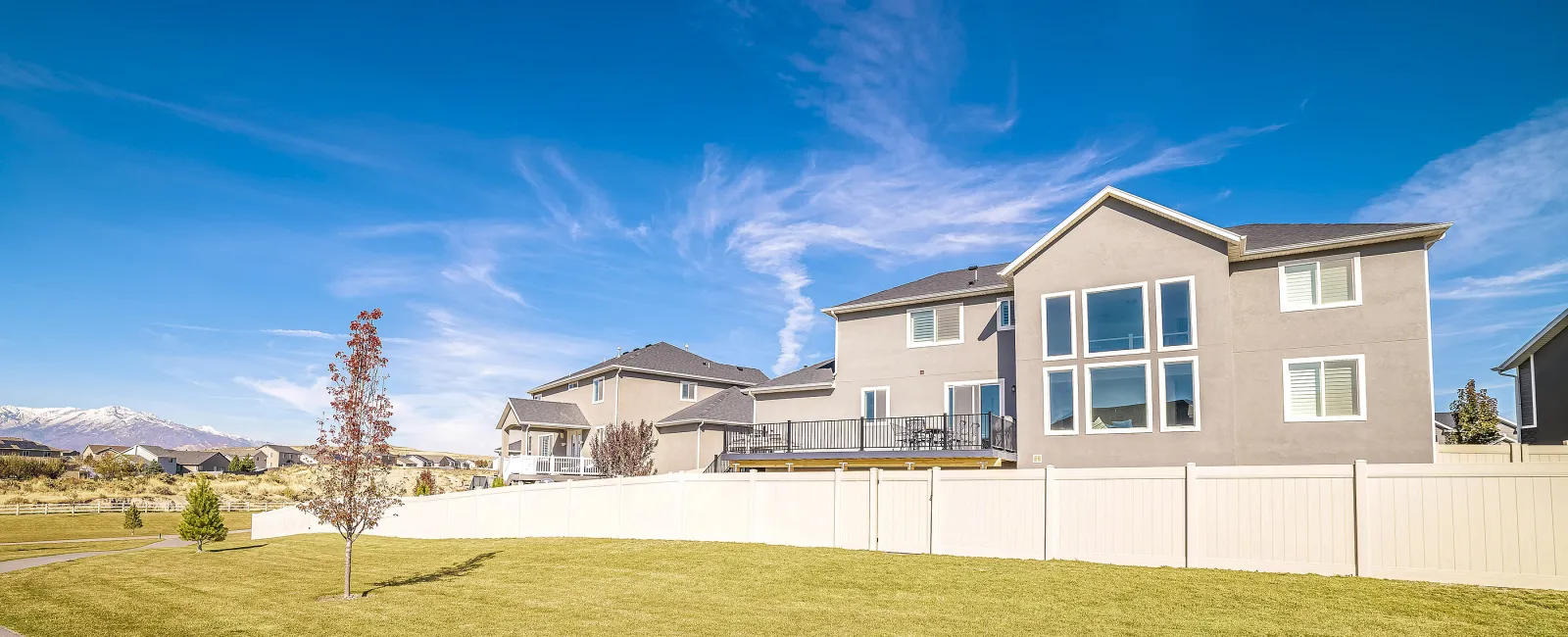Property law is one of the most commonly dealt with sectors of the law, yet it is also one of the broadest realms since rules and regulations tend to be on a state-by-state basis. This diversity in law across the nation makes having a lawyer to oversee an easement agreement crucial in safeguarding both you and your property. Whether you must negotiate a negative easement or a public easement, navigating the ins and outs of property law can be complicated, if not downright confusing. While a property lawyer will help guide you and oversee the entire process, having some of the necessary information can ease the mental burden of embarking on such a journey.
What is an Easement Agreement?
An easement agreement is a contract that gives a person or an entity - such as a state, company, or organization - the right to utilize a portion of a property for a specific reason. It is important to understand that an easement agreement is not a transference of land ownership but rather the owning party allowing another party to use the land.
When Would Someone Utilize an Easement Agreement?
One possible reason for an easement agreement might include a utility easement that happens when a power company requests to use a portion of someone's land to operate, access, and maintain power lines or solar panels. Another reason might pertain to highway accessibility. Say, for instance, that property A is closest to the highway, and those who live on property B are only able to get to the said highway if they take a much longer route using backroads or side streets. Property B might approach Property A for an easement agreement that would allow property B to drive on a pre-existing road or path through Property A, making it more accessible to the highway. This easement agreement would make Property A the subservient estate since they are giving something to property B.
Multiple reasons call for an easement agreement, but it is crucial to write said agreements into the property deed unless the desire is for said contracts to be temporary. Without being written into a deed, the easement agreement will end when land ownership changes, the current deed holder passes away, or when the expiration date has been reached.
Another typical example of an easement agreement is a public easement, which means that part of a property is sanctioned for public use. This is quite common with government-owned lands, such as parks, highways, airspace, and particular paths, but it is also utilized when private property exists on the pathway or access point to a public space. For instance, a public easement might be recognized if a home is built where townspeople have often walked to get to a community beach.
What is a Negative Easement?
While most easement agreements are about granting another property, entity, or person the right to do something, some contracts restrict activity. A negative easement will protect the subservient estate from unwanted activity. Take the previous example about Property A and Property B. Property A might enact a negative easement that states Property B is not allowed to build a bridge or obstruct the section of land they have been granted access. A negative easement also comes in handy with utility agreements or government agreements, where the property owner will want to safeguard themselves from unwanted construction or alterations to their land. These agreements provide more explicit guidelines for what can and cannot be done within the original easement agreement.
No matter the scenario, situation, or reason for an easement agreement, it is paramount to have a property lawyer present for every step of the process. Without one, the subservient estate and other members of the contract agreement are not aptly protected, which will leave you vulnerable to disagreements or being taken advantage of. There is no need to go up against a utility company or state government without a licensed real property lawyer on your side. If you are searching for a reputable property lawyer to help you embark on the easement agreement process, please contact us at Krogh & Decker, LLP today for a consultation.
